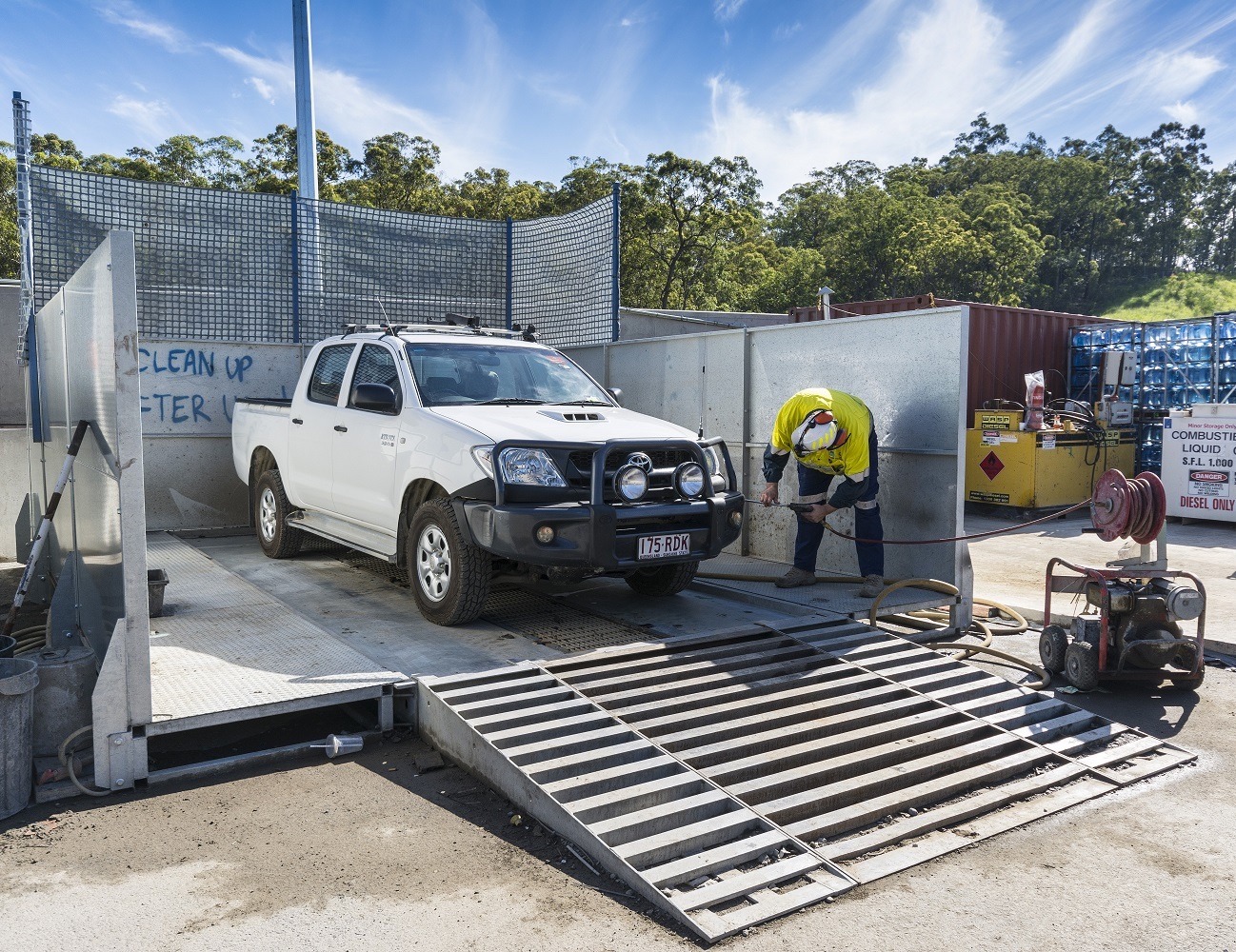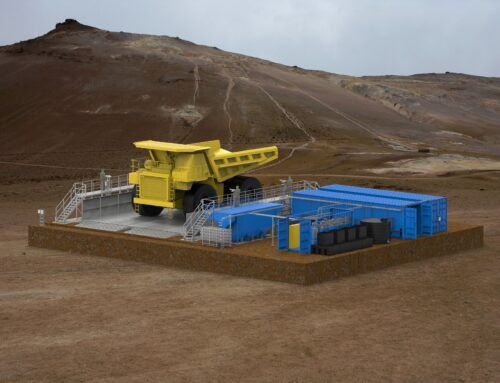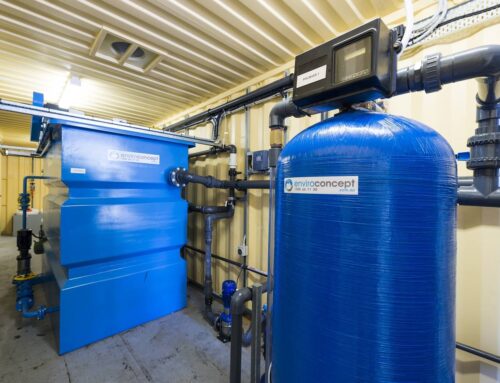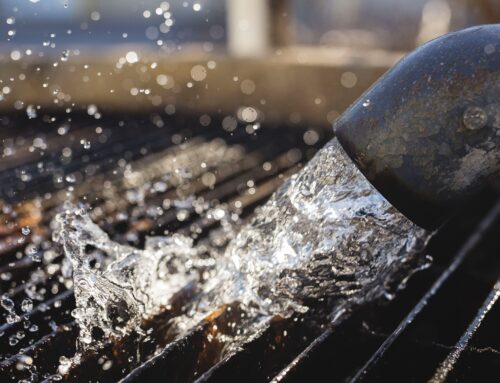The era of price and convenience-driven consumer behaviour is passing. As we begin to understand more deeply the consequences of human negligence on the environment, more Australians are using their consumer power to show support for businesses demonstrating corporate social responsibility.
Of course, price and convenience still play their part in the purchasing process, but sustainability has joined their ranks as a key decision-making tool. Consumers now expect businesses to take the lead in the pursuit of environmentally-friendly practices, and even go as far as to feel that it’s their duty to improve practices and reduce impact. This feeling is generally accepted across the board, from millennials right through to Gen X and beyond.
While some companies might see this trend as a sales obstacle, it’s actually an excellent opportunity to stand out from competitors and develop stronger relationships with more consumers.
According to The Conference Board® Global Consumer Confidence Survey, conducted in collaboration with Nielsen Q2 2017, global participants reported that the environmental issue they were most concerned about was water pollution.
This news presents a massive opportunity for businesses to demonstrate environmentally friendly practices, particularly in sectors where environmental negligence can greatly contribute to the problem.
Sewage & Wastewater Concerns
According to a report released by the UNESCO in 2017, more than 80% of global wastewater is released back into the environment without decontamination through a treatment plant. Perhaps more concerning than this, improperly discharged wastewater from commercial and industrial operations can carry things like heavy metals, solvents, toxic chemicals and other harmful additives that effect water quality. These sources of water pollution are also highly damaging to rivers, lakes, oceans and all kinds of marine life.
For this reason, correct wastewater treatment plans are absolutely critical to environmental preservation and are becoming more highly regulated by governing bodies. This increase in compliance requirements runs parallel to public perception that businesses can and should do more in the fight against water pollution and liquid waste.
Regulatory & Compliance Issues
Industries that produce wastewater are now subject to regulatory obligations to ensure clean practices are worked into their business and or production models. This is set to tighten over the coming years as further research is conducted and public interest grows.
At present, businesses like car washes are required to hold a valid Trade Waste Agreement with their local water authority to ensure proper expulsion of trade waste into sewers (not storm water). Due to the high concentration of toxic chemicals present in water runoff, businesses like these are assumed to be medium to high risk of contributing to water pollution.
When businesses fail to apply for a Trade Waste Agreement, they are not only liable to pay hefty fines, but they also face intense public scrutiny which can be even more damaging to a business.
Enviroconcepts Wastewater Treatment
Enviroconcepts are on a mission to protect the environment through superior wastewater management products and services. To achieve this goal, our team design and build wastewater solutions that can be customised to suit the need of any business.
We are also dedicated to providing all relevant industries with the solutions they need to comply with water treatment regulations. Through doing so, we are able to assist them to build their credibility within the market and appeal to the growing number of consumers who are concerned with environmental practices.
Avoid fines and improve your image among your customers with Enviroconcepts.
Chat with our team today to learn more about compliant wash bays and waste water treatment solutions for your business.




